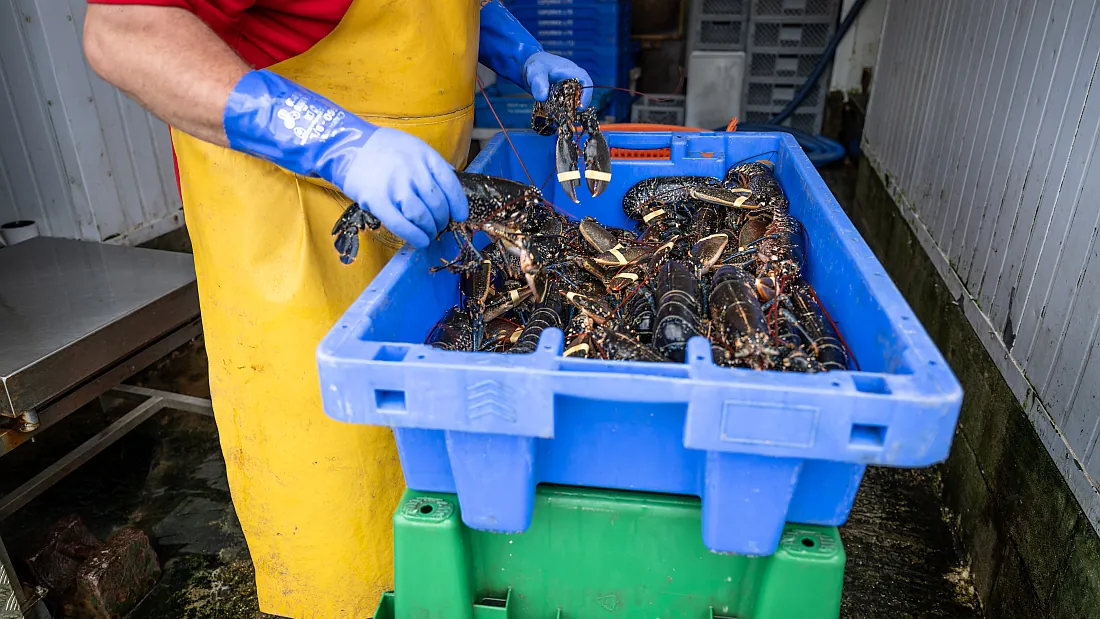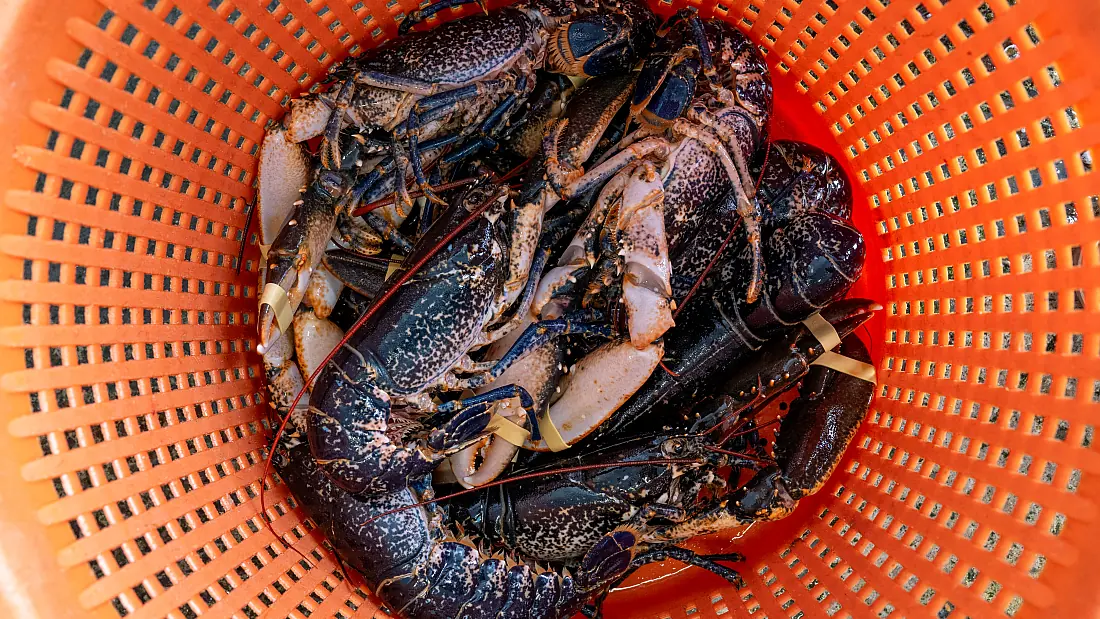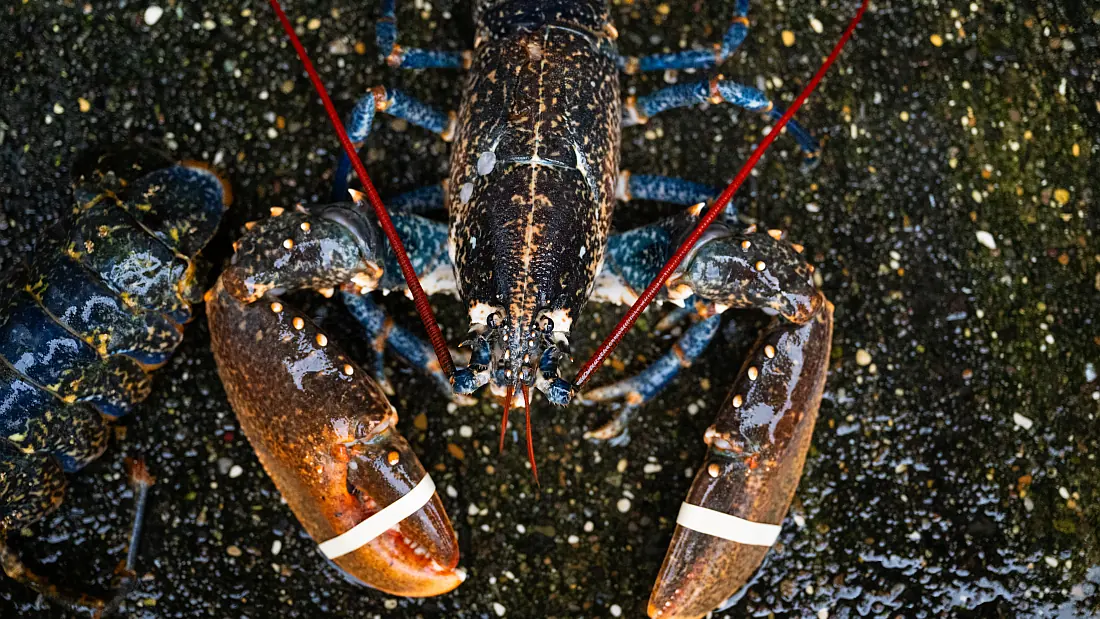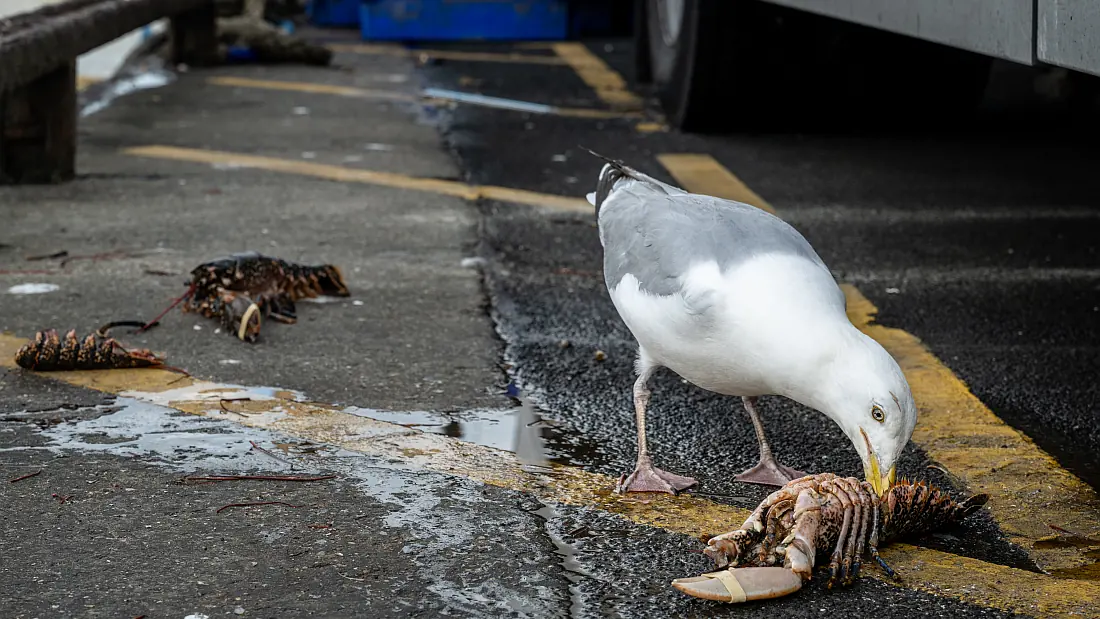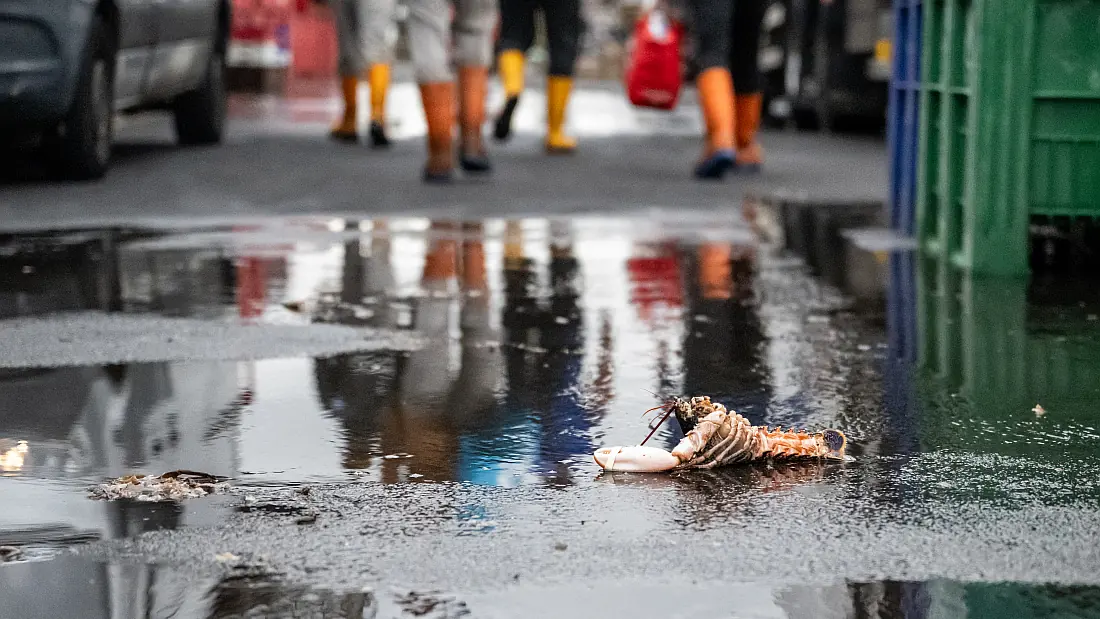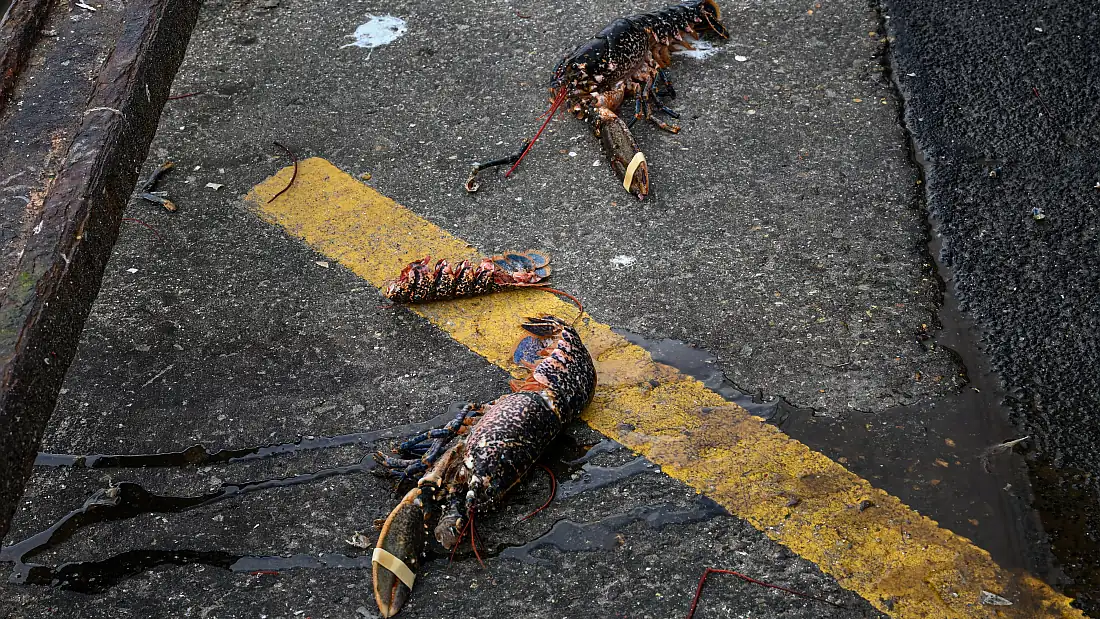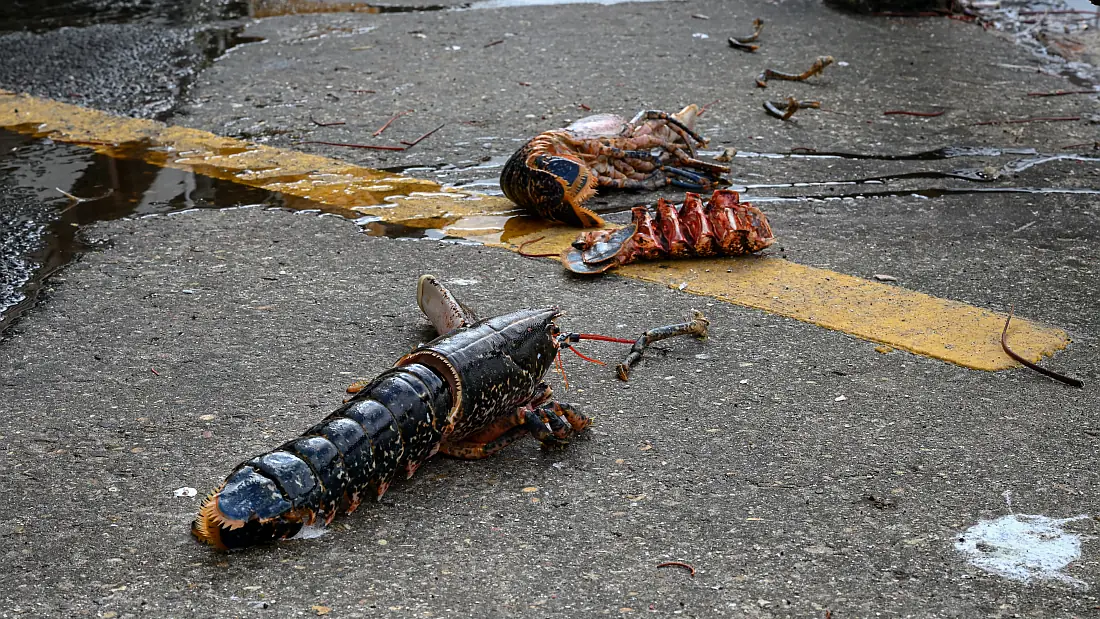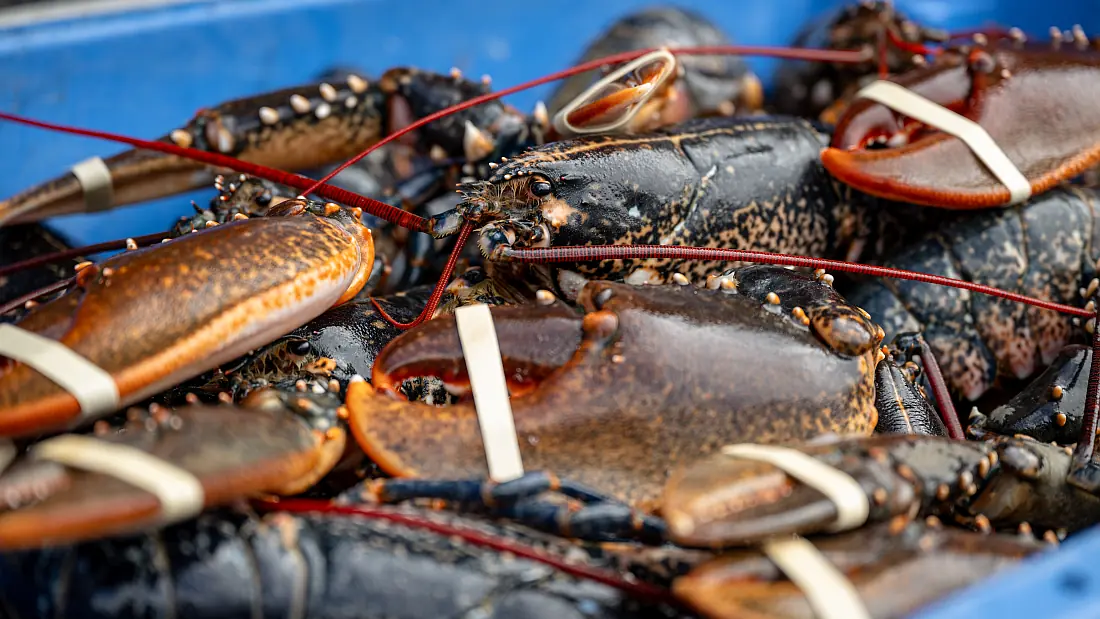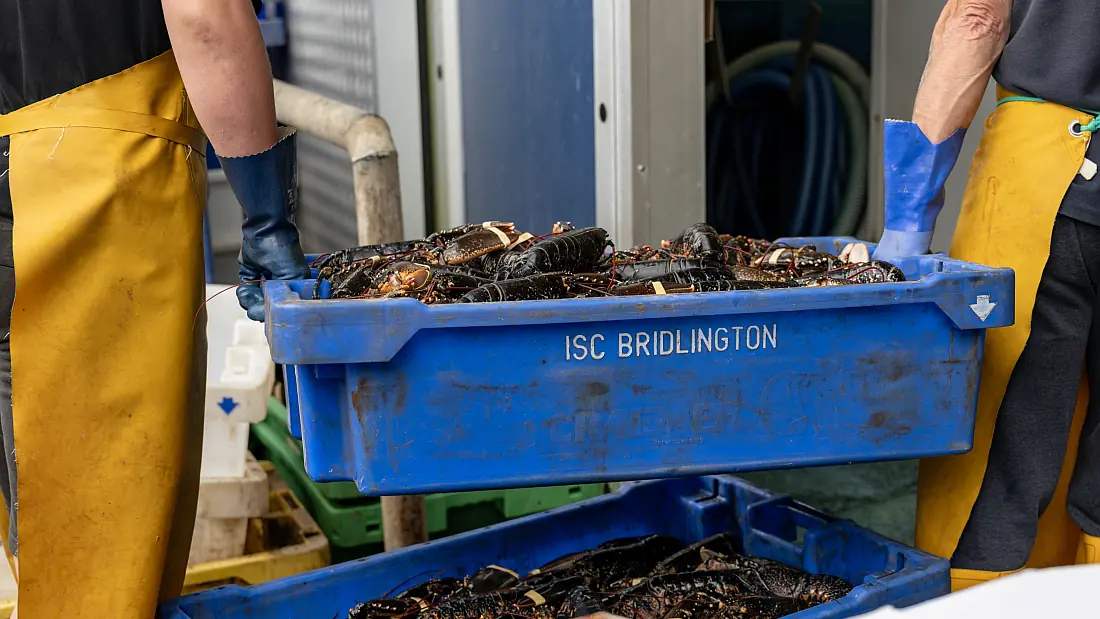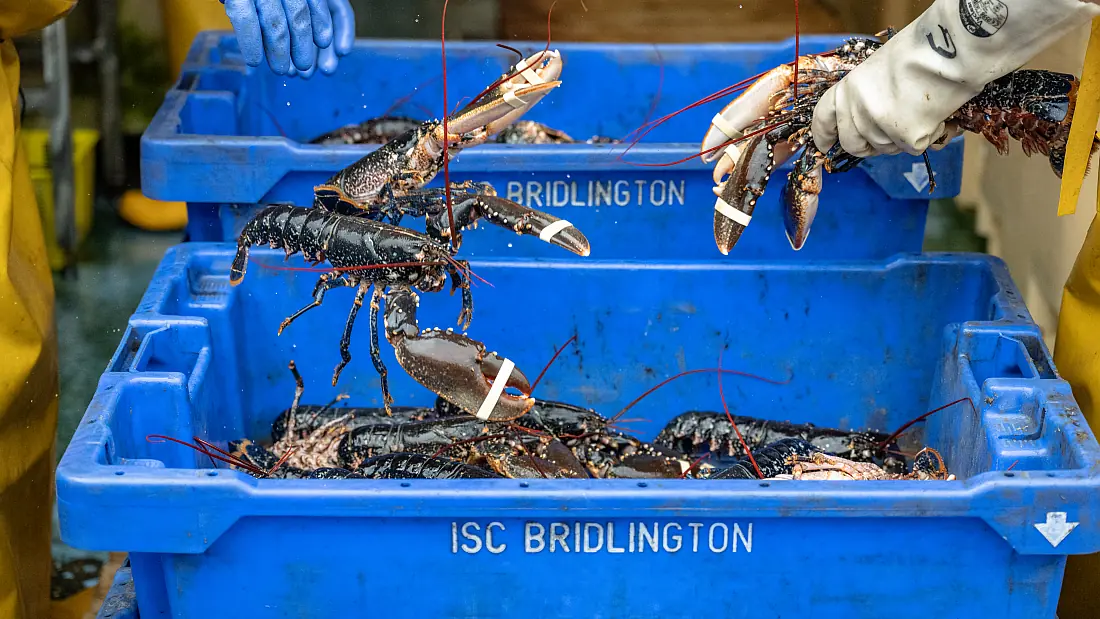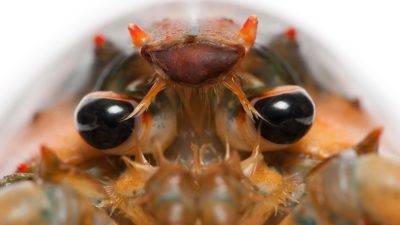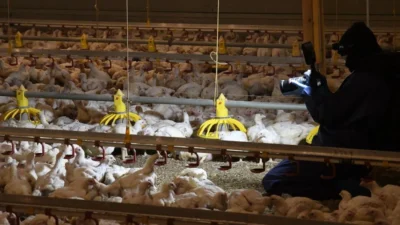Investigation: Europe’s Largest Lobster Port

A damning investigation undertaken by We Animals and Viva! Campaigns has exposed the shocking conditions faced by millions of lobsters at Bridlington Bay. The port, responsible for landing over 300 tonnes of crustaceans annually, is known as Europe’s “Lobster Capital”. Evidence reveals the disturbing practices in the UK lobster industry and serves as a stark reminder that lobsters have no protection regarding their welfare under UK law. The investigation focused on the bustling harbour facility that plays a crucial role in the distribution of shellfish to renowned restaurants and seafood exporters internationally. Throughout the summer of 2024, investigators meticulously documented operations, gathering hundreds of horrifying images and videos, as well as many disturbing eyewitness testimonies.
Until recently, crustaceans such as lobsters were not legally recognised as “animals” under UK law and were thus excluded from the Animal Welfare Act 2006. This meant their horrendous mistreatment continued unchecked, with the only legislation in place being that of general industry regulations. Then, under the Animal Welfare (Sentience) Act in 2022, government-appointed researchers led by Jonathon Birch at the London School of Economics reviewed over 300 studies and acknowledged strong and diverse evidence of lobsters’ sentience, recommending that invertebrates should be treated on par with vertebrates and calling for bans on practices like boiling lobsters alive. But still no meaningful steps were taken to minimise suffering during storage or transportation. It is the consequences of this lack of action that are laid bare in this investigation.
The government has consistently resisted calls to ban inhumane slaughter methods or live postal deliveries of lobsters, stating that “existing industry practices will not be affected”. With no mandatory welfare protections in place, lobsters continue to be subjected to brutal handling and transport methods and cruelly boiled alive in kitchens.
Investigators observed a complete disregard for these beautiful sentient creatures, documenting instances where dead and injured lobsters were callously discarded on the harbour floor, left vulnerable and exposed to scavenging seabirds.
The improper disposal of dead animals on the scale seen at Bridlington Bay lobster port raises serious public health concerns, particularly in areas handling food products intended for human consumption.
The investigation exposed routine rough handling of lobsters, with conscious animals thrown, dropped and piled in overcrowded containers. It appeared that workers did not take the welfare of the animals into account at all. The conditions failed to comply with the best practice for humane treatment and clearly conflict with the UK Animal Welfare (Sentience) Act 2022.
Lobsters were repeatedly observed in severely overcrowded containers, with multiple layers of animals piled on top of one another. Many of the lobsters sustained visible injuries such as cracked shells or broken limbs, while others were crushed under the weight of their captured companions. During the investigation, observers expressed shock at the conditions and methods used, with one describing the entire process as “incredibly violent”.
The industry-standard practice of claw banding, intended to prevent injury, was inconsistently applied, leaving many lobsters prone to inflicting injury on one another in the cramped confined spaces they are forced into.
Investigators observed minimal biosecurity measures in place during the handling and storage of lobsters. Poor sanitation standards risk introducing pathogens, undermining public health standards in the food supply chain.
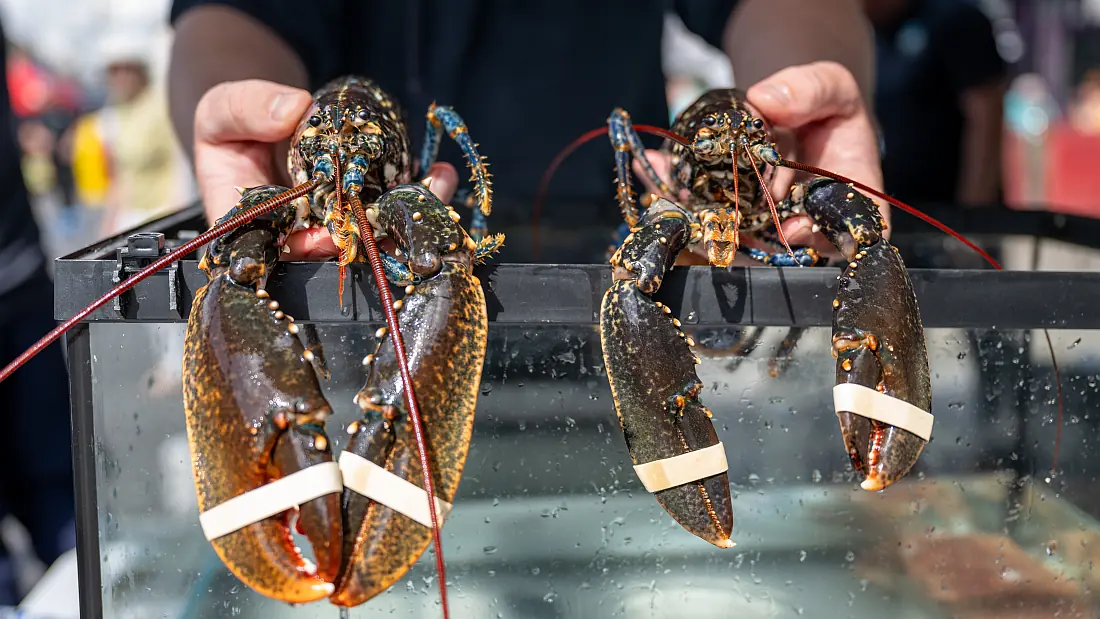

With over 4.7 million lobsters landed in the UK annually, the global industry is expected to hit 400,000 tonnes by 2025. Viva! urges the public to reject this cruelty by leaving lobsters off their plates and embracing a vegan lifestyle.
Viva!’s founder and director, Juliet Gellatley, said: “Despite being sentient and capable of feeling pain, lobsters endure cruelty that would be unthinkable for cats or dogs. Lobsters can live for decades in their natural habitat, yet they are treated as disposable commodities. The government’s inaction is inexcusable. The truth is, there is no humane way to kill a lobster. The most compassionate choice is to leave them off our plates entirely. This investigation lays bare an industry built on suffering.
“It’s time to rethink our relationship with animals and adopt a kinder way of living. The only humane choice is to leave lobsters in the sea where they belong.
– Juliet Gellatley, Viva!’s Founder and Director




